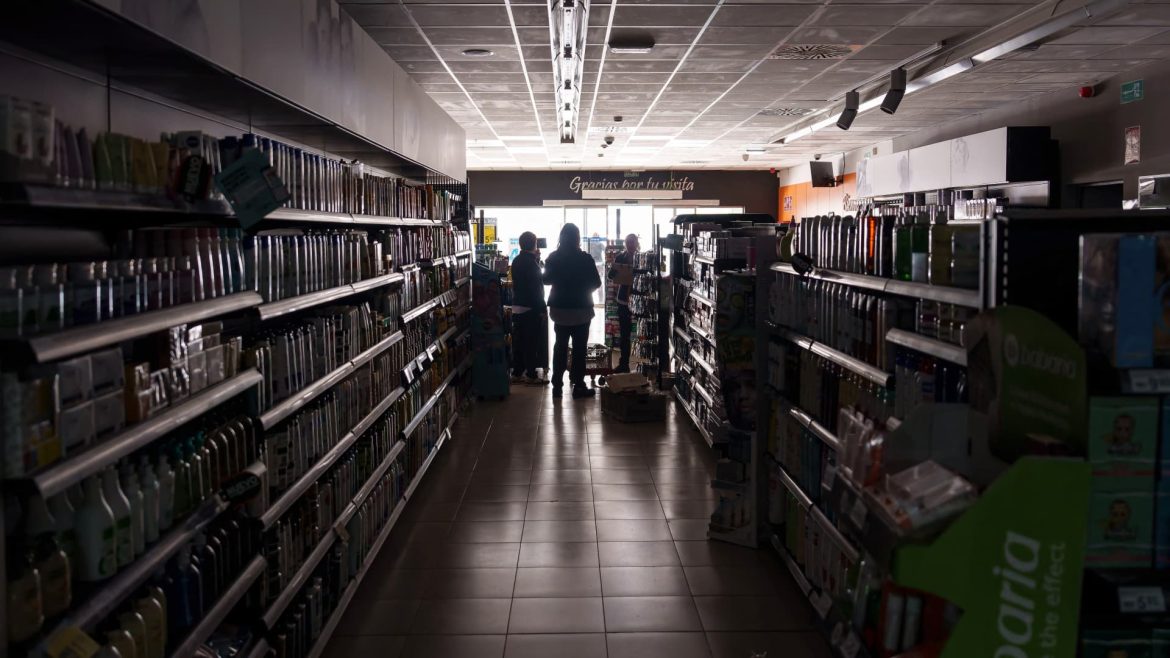The Unprecedented Power Outage: A Catalyst for Debate
On April 28, 2025, a catastrophic power outage plunged much of Spain, Portugal, and the south of France into darkness, sparking a contentious debate about the role of renewables and energy security. This unprecedented event, one of the worst in Europe, disrupted businesses, hospitals, transit systems, and daily life for tens of millions of people across the Iberian Peninsula. The outage, which began in the afternoon and lasted through nightfall, has raised critical questions about the reliability and stability of the electricity grid in a region not typically prone to such blackouts.
The Role of Renewables
The power outage occurred just as Spain was heavily reliant on solar power. Minutes before the outage, Spain was running on 60.64% solar photovoltaic energy, a record level that underscores the country’s significant investment in renewable energy. Some public figures have blamed the saturation of solar power and an over-reliance on renewable energy for the blackout. This perspective suggests that the intermittency of solar power, which depends on weather conditions, may have contributed to the grid’s instability.
However, Spanish Prime Minister Pedro Sánchez has vehemently denied these claims, calling them “lies.” He argued that the blackout was not due to renewable energy but rather a result of grid instability and other underlying issues. This divergence in opinions highlights the complex interplay between renewable energy integration and grid management.
The Blackout’s Impact
The outage caused severe difficulties in telecommunications, transportation systems, and essential sectors. Trains were stranded in tunnels, office workers were stuck in elevators, and mobile phone services were cut, leaving millions without communication. The disruption underscored the vulnerability of modern society to power outages, emphasizing the need for robust and resilient energy infrastructure.
Investigating the Causes
Experts are investigating various causes, including the transition to renewable energy and grid instability. The high reliance on solar and wind power has led some to question whether the grid is adequately prepared to handle the variability of these energy sources. The incident has sparked a backlash against renewables, with critics arguing that the country’s high dependence on solar and wind power is the main cause of the outage.
The Path Forward
The power outage has served as a stark reminder of the challenges and opportunities presented by the transition to renewable energy. As Spain and Portugal continue to investigate the causes, it is clear that a comprehensive approach is needed to ensure energy security. This includes investing in energy storage solutions, such as batteries, to mitigate the intermittency of solar and wind power. Additionally, improving grid infrastructure and implementing robust contingency plans can help prevent future blackouts.
Conclusion: A Call for Resilience
The unprecedented power outage in Spain and Portugal has thrust the debate over renewables and energy security into the spotlight. While the role of renewable energy in the outage remains contentious, it is clear that a balanced approach is necessary. Investing in energy storage, improving grid infrastructure, and implementing robust contingency plans are essential steps toward ensuring a resilient and reliable energy future. As the world continues to transition to renewable energy, lessons from this outage can guide policymakers and energy providers in building a more stable and secure energy system.


